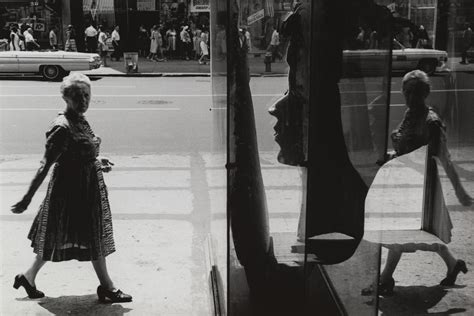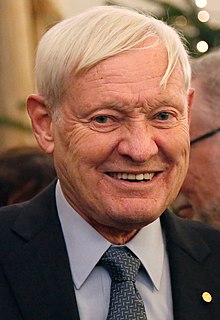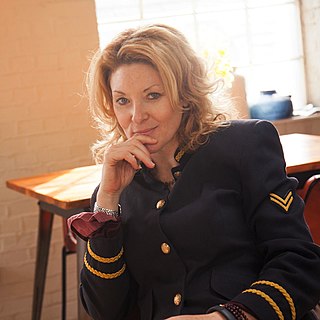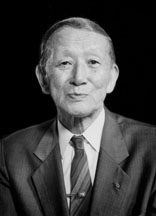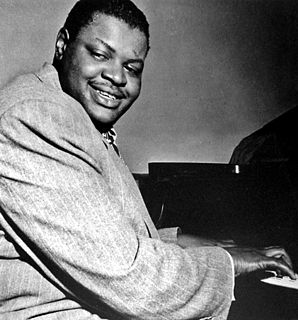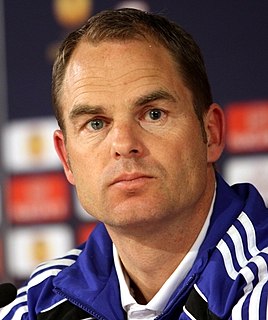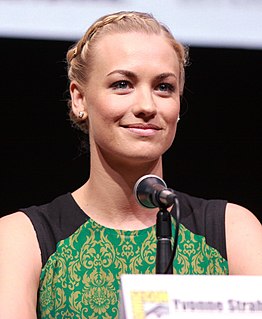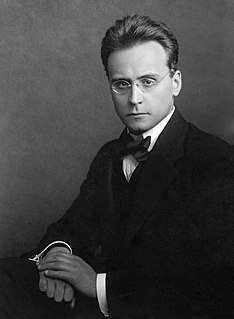A Quote by Philip Schultz
Being a poet, the advantages of dyslexia are many, affording me sensitivity to the musical nuances of language and the ability to juggle complicated ideas and narratives simultaneously.
Related Quotes
There is this tendency to think that if you could only find the magic way, then you could become a poet. "Tell me how to become a poet. Tell me what to do." . . . What makes you a poet is a gift for language, an ability to see into the heart of things, and an ability to deal with important unconscious material. When all these things come together, you're a poet. But there isn't one little gimmick that makes you a poet. There isn't any formula for it.
When you take a picture you haven't a clue that it is going to be what it is. Maybe you have a clue but you don't really know. There are too many possibilities. Part of the game is how many balls you can juggle. It is to me. When you are 12 you can juggle two. Maybe when you are 50 you can juggle five. That is an interesting concept to me: how much I can put in and still make it pull together?
One of the appeals of William Carlos Williams to me is that he was many different kinds of poet. He tried out many different forms in his own way of, more or less, formlessness. He was also a poet who could be - he was a love poet, he was a poet of the natural order and he was also a political poet.
I think humans are fascinating in general. We're so weird. We do so many quirky things, and we don't even know it. There's just so many layers upon layers of nuances in everything we do, and the most fun part as an actor is trying to get into all those nuances, whether they're conscious or unconscious.


